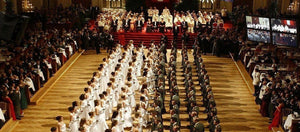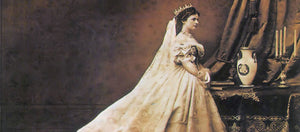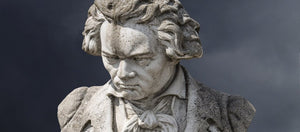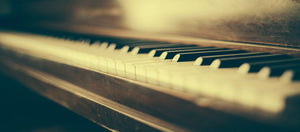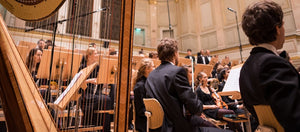How Did Aristocrats Listen to Classical Music?
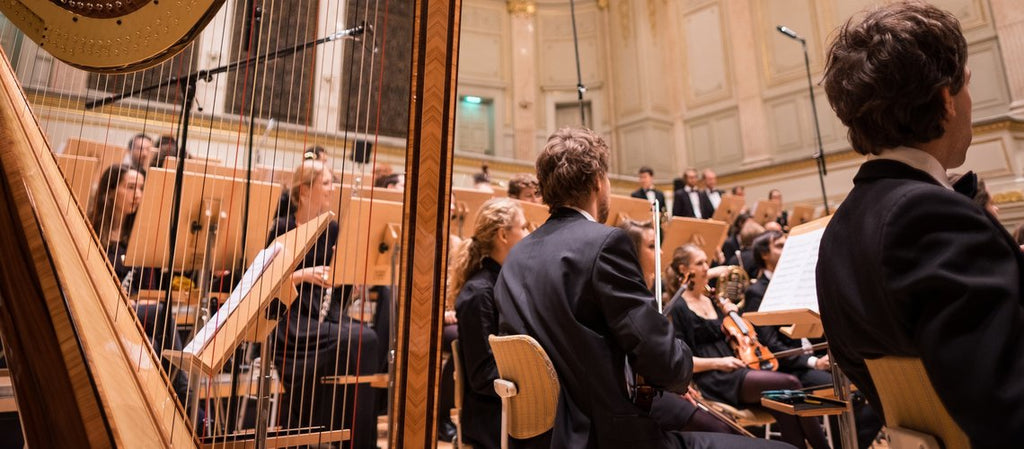
From CDs and the radio to downloads and online streaming, today we’ve got loads of ways to listen to music anytime and anywhere we want. But how did people listen to music back when none of this technology was available? The phonograph (the oldest method of listening to recorded music at home) wasn’t invented until 1877. So even highly-esteemed emperors and empresses had to find other means of listening to the popular music of the era.
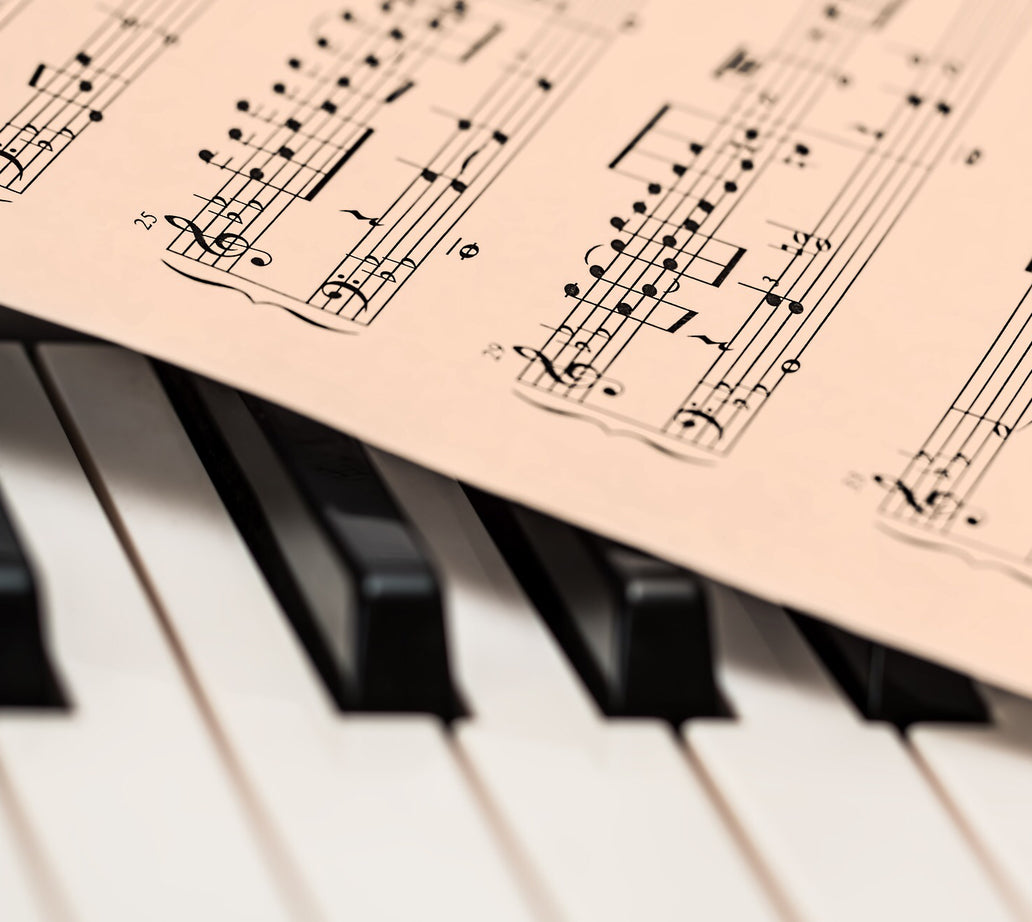
Live performances
Without a way of recording music to listen to later, the only way aristocrats could listen to classical music was by attending live performances. Three successive Austrian emperors of the 1700s (Leopold I, Joseph I and Karl VI) were all wonderfully gifted musicians and boasted the largest musical court in Europe, made up of 76 singers, musicians and officers.
Classical music in the 1800s
In the 1800s, the tradition of one sole aristocrat keeping a court orchestra and composer was beginning to dwindle in favour of a more flexible approach that allowed for fewer permanent musicians and more sponsored musical events the public could attend. However, these musical events weren’t grandiose performances held in flamboyant buildings. They were small affairs, usually performed in the homes of aristocrats who were fed up of the lack of musical entertainment on offer in the city.
With the exception of four annual concerts paid for by the Fund for Musicians’ Widows, there were no regular concerts (classical or otherwise) held in Vienna in the 1800s. The city also lacked anywhere specifically devoted to orchestral concerts. To make up for this, performers and composers paid high prices to rent theatres where they could showcase their art. Because rates were so expensive, travelling artists rarely performed concerts in Vienna.
This is in total contrast to what happened in the 1700s, when musical geniuses from all over Europe flocked to the cultured city for their chance to make it big.
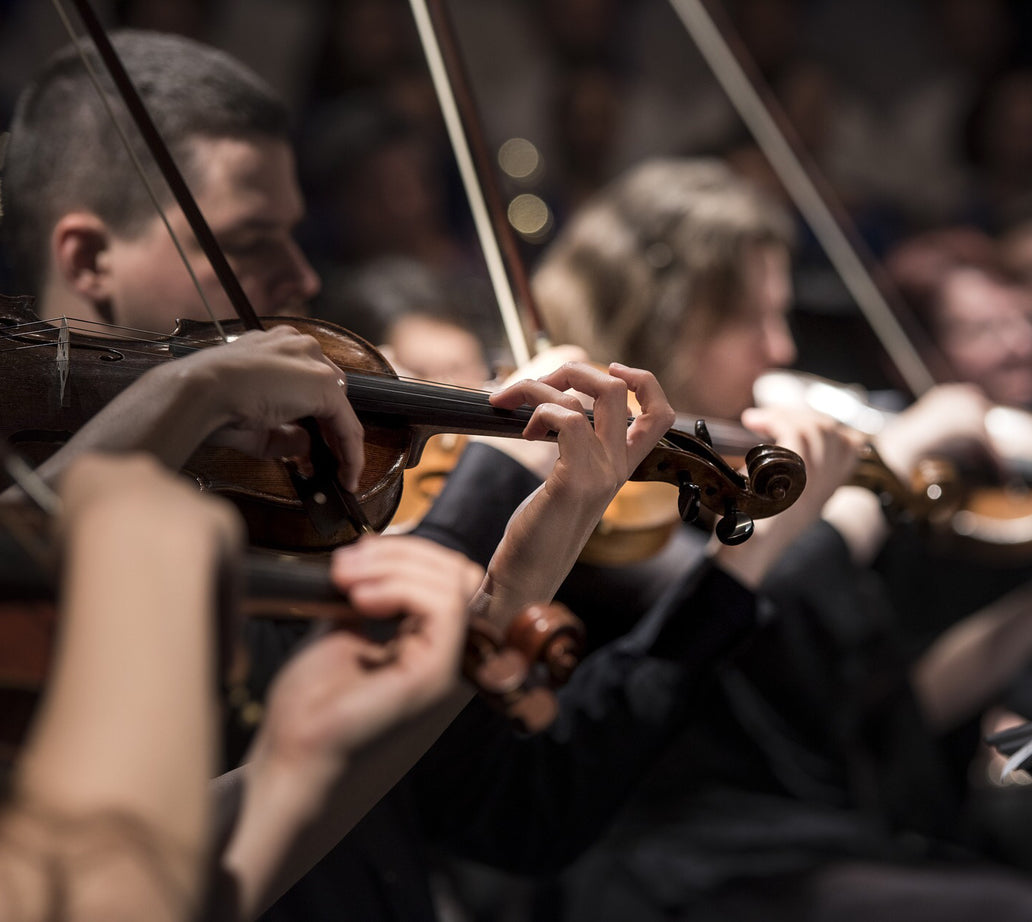
Private concerts
Although there were significantly fewer public concerts in the 1800s than their had been in the previous century, the number of private concerts more than made up for it. Almost every upper-middle class and aristocratic family opened their doors and welcomed musical guests with open arms at some point during these years to entertain friends and family.
In the 19th century, amateur musicians played a significant role in music performances in Vienna and other major capitals across Europe. In Vienna, almost everyone took music lessons and performed from an early age, resulting in many proficient amateur musicians in the city, although still fewer than in the 1700s.
These amateurs chose uncomplicated, unsophisticated music to perform, like their favourite arias from the latest Italian operas or whichever piano pieces were currently in fashion. While the performances were highly entertaining, the artistic value of the performers was negligible.
Unable to perform in the public theatres, due to their high rental costs, travelling musicians and composers from across Europe also took advantage of private concerts. They played everywhere they could and always spoke highly of the amateur musicians they encountered. After all, those who were generous with their compliments were usually a big hit in Vienna.
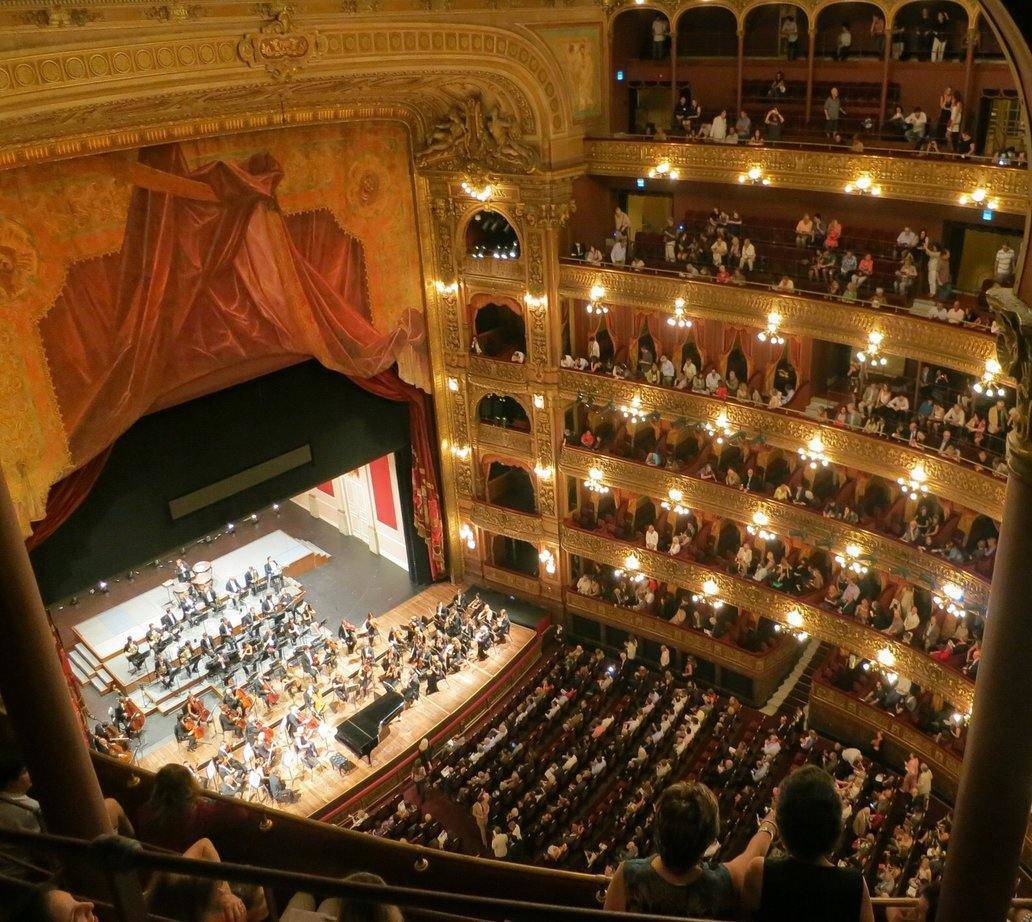
Who listened to classical music?
Classical music was considered to be the pop music of the time. People listened to other genres of music, aside from the likes composed by Mozart and Beethoven. But what we now refer to as “classical music” was the most listened to. Unfortunately, despite its intense popularity, classical music was reserved for the wealthy because the average citizen simply could not afford a ticket to a performance.
Government officials, church officials, emperors and empresses regularly commissioned great composers to write and play music. And to recoup the costs they had to pay the composers, they sold pricey tickets to performances. Although most people did technically have enough money to cover the cost of a ticket, it wasn’t affordable enough to make spending it for a few hours of entertainment seem worth it.
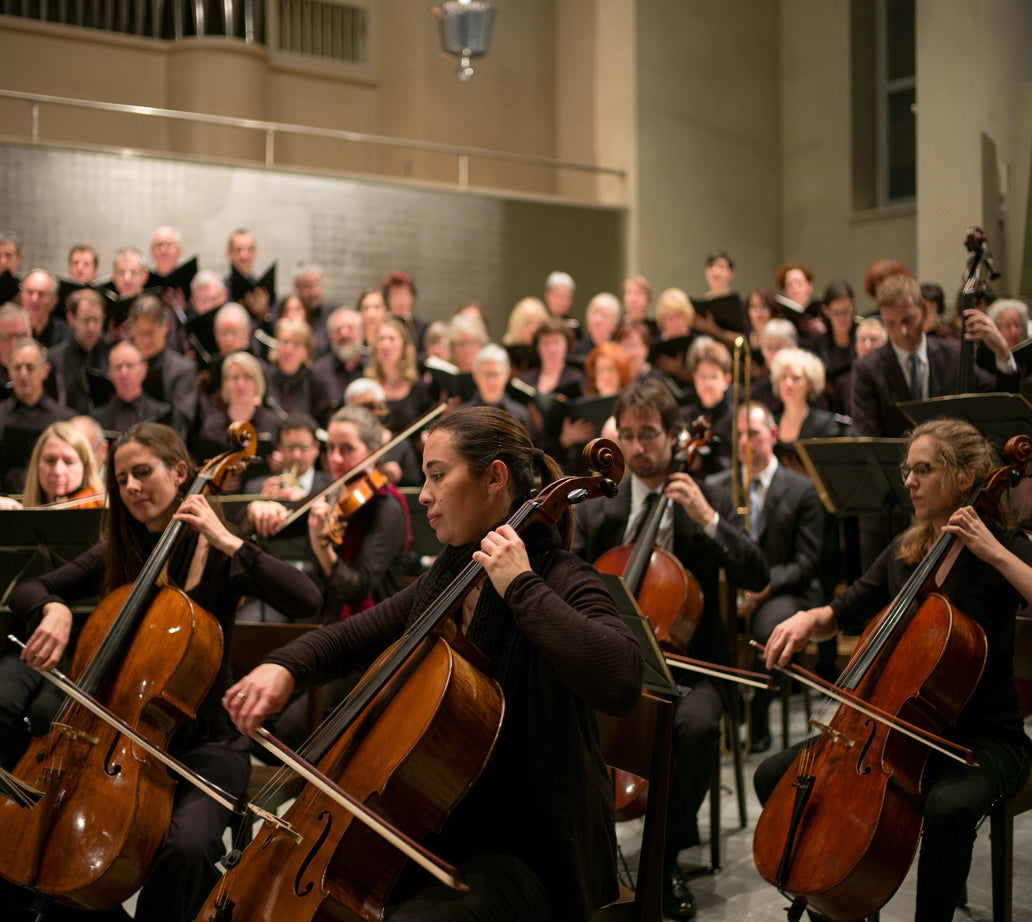
Classical music for the average citizen
Despite not being able to afford it, the average citizen still yearned to hear the beautiful notes of Johann Strauss and Bach. Therefore a slightly altered version of music considered to be more downscale would be played in more affordable concerts to keep the locals happy.
The difference between the classical music played for the aristocrats and the classical music played for average citizens is that the version played for the common people was less technically demanding for the performers. This meant that concert halls could use less trained and therefore cheaper musicians to play the music, meaning they could also reduce the ticket prices without losing money.
This wasn’t the only way the average citizen listened to classical music. Learning to play an instrument and taking singing lessons was an incredibly popular thing to do at the time. Not only did it make you a more rounded person and add to your skillset, but it also meant you could perform at get togethers for family and friends. The image of people huddling around a piano and singing together isn’t just a fairytale-like scene. It was commonplace when people wanted to hear classical music but just couldn’t afford to attend a performance.
Book your accomodation in Vienna
Booking.com- Tags: classical music concerts History


